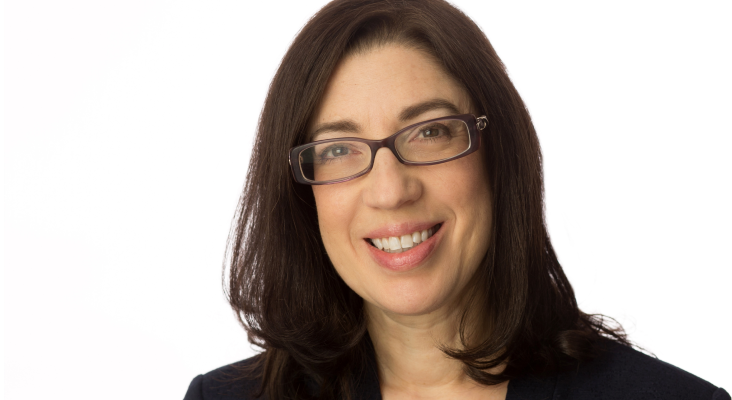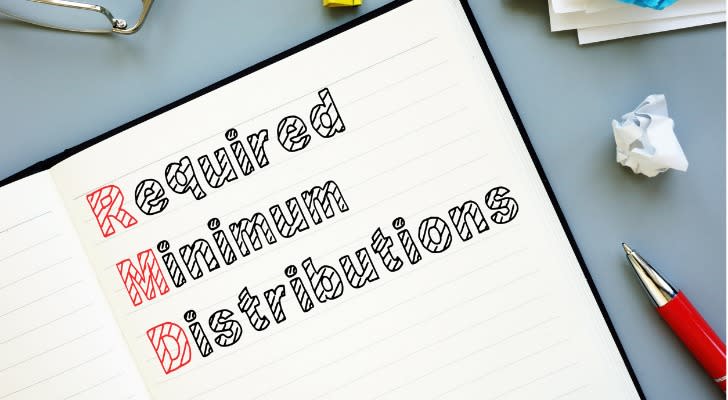Ask an Advisor: I'm 67 With $218k in an IRA. Should I Start My Withdrawals Now to Reduce Future RMD Taxes?

I’m turning 68 shortly and plan to wait to claim my Social Security at age 70 to maximize the monthly benefit. I also plan to retire at the end of the year, if not sooner (so in three months or less). Does withdrawing from my traditional IRAs (current balance is $215,000) to reduce the income tax on my RMDs outweigh the benefit of keeping those withdrawals invested and growing tax-deferred? My understanding is that if I withdraw amounts up to my standard deduction, then those amounts would be tax-free.
– Austen
Retirement withdrawals, Social Security benefits, required minimum distribution (RMDs), taxes … there are a lot of moving parts when it comes to making decisions about your retirement income. Reducing the amount of money that’s subject to RMDs can help minimize your taxes once they kick in. This may also help avoid taxes on your Social Security benefits.
If you don't need the money now, but want to reduce RMDs later, one of the best moves might be converting a portion of your IRA to a Roth IRA each year. That can help reduce future required withdrawals and allow your money to grow tax-free, though there can be tax consequences for certain withdrawals. (A financial advisor can help guide you through the Roth conversion process and potentially avoid unwanted tax consequences.)
Maximizing Social Security Benefits
Delaying Social Security benefits until age 70 makes sense for certain people. That’s when you can receive the largest possible monthly payment. You can start collecting Social Security retirement benefits at age 62, but the monthly amount will be reduced by 30%.
For example, if your full retirement benefit would be $2,000, your payment at age 62 would be only $1,400. However, waiting until age 70 would give you a maximum monthly benefit of $2,480.
Still, there are some circumstances in which starting sooner can be more beneficial, such as:
• You need the money to make ends meet
• You're in poor health or have a shorter life expectancy
• You're completely done working
• Your spouse has been a higher earner and will delay their benefits
Remember, there's no right answer that works for everyone, and you should do what makes the most sense for your family. (And if you need help planning for Social Security, consider working with a financial advisor.)
Accounting for Required Minimum Distributions (RMDs)

Once you turn age 73, you have to start taking required minimum distributions – known as “RMDs” – from all of your traditional retirement accounts, including IRAs and 401(k)s. Your RMD is calculated based on your age, life expectancy and account balance according to IRS Uniform Lifetime Table. If you have multiple IRAs, you'll need to figure out the RMDs for each separately.
What happens if you don't take an RMD? The IRS charges you a penalty tax of 50% of the amount you were supposed to take. If you correct it and take the RMD within two years, the tax rate can drop to 25% or 10% depending on the circumstances. (If you need help calculating your RMDs, consider matching with a financial advisor.)
Taxes on IRA Withdrawals
Any time you withdraw money from a pre-tax retirement account like a traditional IRA, you'll pay income taxes on that withdrawal at your tax rate. Once you're past age 59.5 you won't be hit with the 10% early withdrawal penalty, but the money will become part of your taxable income.
In theory, if your total taxable income including the IRA withdrawal doesn't exceed your standard deduction, you wouldn't owe income taxes. The actual answer depends on your complete tax situation, which may change from year to year.
Minimizing RMDs and Taxes
There are a few things you can do now to minimize future RMDs and future tax bills.
One option is to take withdrawals from your IRA now to lower the balance and reduce your future RMDs. That can also make it easier to wait until age 70 to start receiving Social Security, maximizing those benefits. On the downside, you'll lose out on additional tax-deferred growth in your IRA and have a smaller nest egg to pull from later.
You can also convert some or all of your IRA to a Roth IRA. You'll pay taxes on the amount that’s converted, just like you would if you withdrew the money. But your money will continue to grow tax-free in the Roth account, which isn’t subject to RMDs. For an added bonus, Roth withdrawals won't count as taxable income, so they won't impact taxes on your Social Security benefits. One caveat: Roth IRA conversions come with a strict five-year rule. To preserve complete tax-free status, you can't generally make withdrawals for at least five years from the time of conversion.
Finally, if you don't need the money from your IRA, you can directly donate your RMD to a qualified charity – a strategy called qualified charitable distributions (QCDs). This direct donation bypasses taxable income completely. If you were going to make donations, this is the way to do it. (If you have more questions about your future tax liability, consider speaking with a financial advisor.)
Bottom Line

There are things you can do now to minimize your future RMDs, but each strategy will have a different effect on your overall financial picture. You may consider making withdrawals from your IRA, converting your IRA into a Roth account or even donating your RMD to charity, eliminating your tax bill on the money in the process. Just keep in mind that the option you choose may affect taxes on your Social Security benefits.
Tips for Finding a Financial Advisor
A financial advisor can help you plan for RMDs and make other important decisions for retirement. Finding a financial advisor doesn't have to be hard. SmartAsset's free tool matches you with up to three vetted financial advisors who serve your area, and you can interview your advisor matches at no cost to decide which one is right for you. If you're ready to find an advisor who can help you achieve your financial goals, get started now.
Consider a few advisors before settling on one. It's important to make sure you find someone you trust to manage your money. As you consider your options, these are the questions you should ask an advisor to ensure you make the right choice.
Get retirement planning and investing tips with the SmartMoney Minute newsletter. It's 100% free and you can unsubscribe at any time. Sign up today.
Michele Cagan, CPA, is a SmartAsset financial planning columnist and answers reader questions on personal finance and tax topics. Got a question you'd like answered? Email AskAnAdvisor@smartasset.com and your question may be answered in a future column.
Please note that Michele is not a participant in the SmartAdvisor Match platform, and she has been compensated for this article.
Photo credits: ©iStock.com/Andrii Dodonov, ©iStock.com/mixetto
The post Ask an Advisor: I’m 67 With $218k in an IRA. Should I Start My Withdrawals Now to Reduce Future RMD Taxes? appeared first on SmartReads by SmartAsset.
